OCCR hosts Girls on Ice program
Change of personnel at the OCCR management center
Online Conference ‚Adventure of Science: Women and glacier in Central Asia‘
|
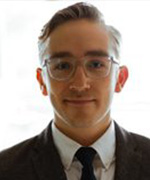
|
Jack Baker is a new PhD with the Policy Analysis and Environmental Governance group. He did a Master in Climate Sciences with Special Qualification in Social Sciences at the University of Bern. His PhD project starts in January 2021 and will evolve around the topic “What international negotiators promise and domestic policymakers adopt: Policy and politics in the multi-level climate change regime”.
|
|
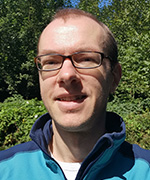
|
Christoph Dätwyler is a new PostDoc with the Atmospheric Processes and Radiometry group. He will work on a project funded by the Global Climate Observing System (GCOS) which is about rain rate estimation using ground-based microwave radiometers. Christoph studied Mathematics at ETH Zurich before moving to the Institute of Geography at the University of Bern where he wrote a PhD thesis focused on studying variability and teleconnections of large-scale modes of climate variability over the past millennium. Thereafter he worked as a PostDoc within the School of Earth and Sustainability at Northern Arizona University in United States and the Paleolimnology research group at University of Bern.
|
|
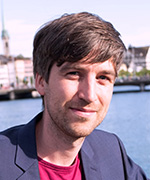
|
Lukas Fesenfeld is a new PostDoc with the Policy Analysis and Environmental Governance group. He did a PhD at ETH Zurich (Chair of International Political Economy and Environmental Politics) and has worked as a PostDoc at the Energy Politics Group of ETH. He holds a Master of Public Policy (MPP) from the Hertie School of Governance (Berlin) with a focus on Political Economy and Policy Analysis.
|
|
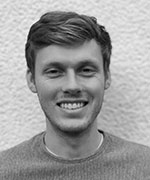
|
Benedikt Janzen is a new PhD with the Climate Economics: Energy, Technological Change and International Cooperation group. He holds a Master in Economics from Vienna University of Economics and Business. His research interests are in Energy and Environmental Economics, as well as in Applied Econometrics..
|
|
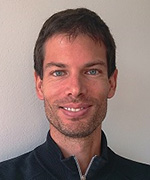
|
Jérôme Kopp is a new PhD with the Mobiliar Group for Climate Impact Research he did a Master in Physics at EPFL Lausanne and is about to finish his Master in Climate Sciences at the University of Bern. His research interests are in temporal clustering of heavy precipitation, atmospheric dynamics, data analysis, and hail nowcasting.
|
|
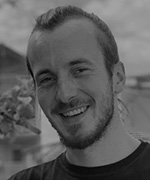
|
Andrej Maczkowski is a new PhD with the Prehistory Archeology group. He did a Master in Quaternary and Prehistory at the University of Ferrara, Italy with a thesis entitled “New data from the Balkans: assessment of the post-depositional modifications and the technological variability of the lithic industries of Uzun Mera, Republic of Macedonia”. The working title of his PhD thesis is: “Dendroarchaeology of the prehistoric pile-dwellings in the Southwestern Balkans”.
|
|

|
Wenyue Wang is a new PhD with the Atmospheric Processes and Radiometry group. She did a Master in Cartography and Geographic Information Engineering at the China University of Mining and Technology with a thesis entitled "Ionospheric tomography method via image reconstruction based on hybrid grids". Her current research focus is on the rain rate retrieval of ground-based microwave radiometers and the time series analysis of rain rate at Bern.
|
A warm welcome to all of you!